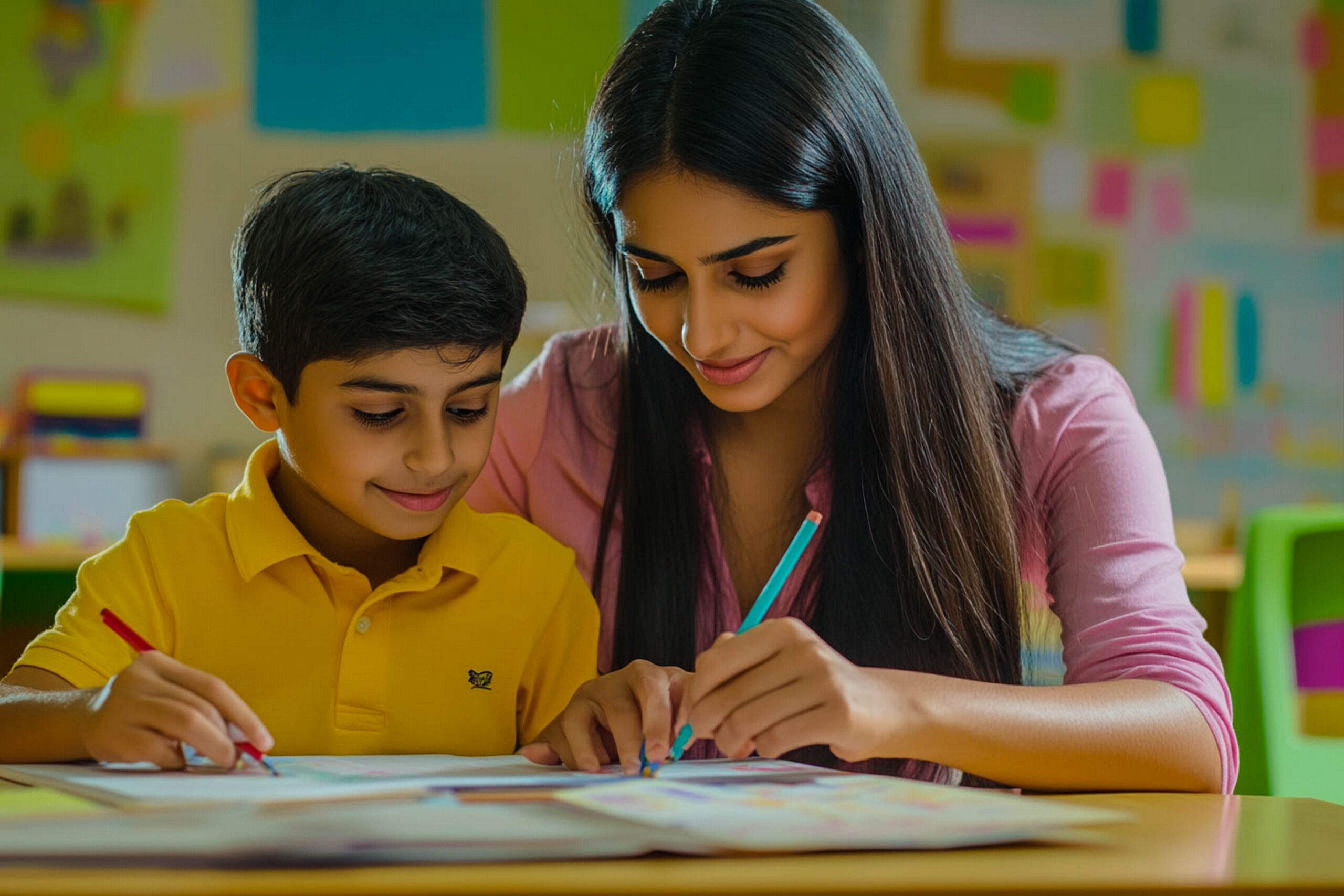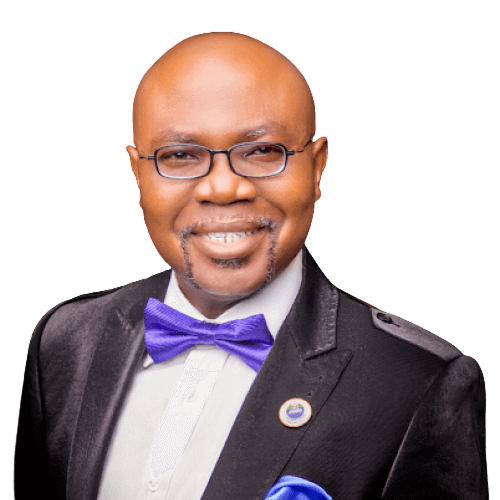Top 7 Questions Parents Ask About Precision Learning, Answered
August 15, 2025 2025-08-28 12:52Top 7 Questions Parents Ask About Precision Learning, Answered
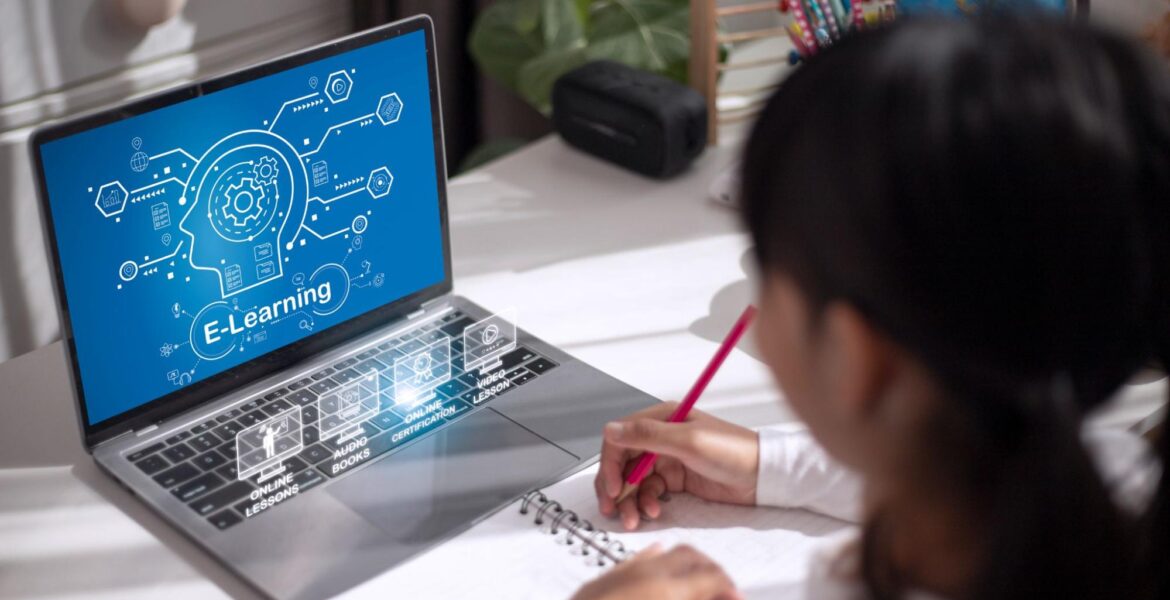
Top 7 Questions Parents Ask About Precision Learning, Answered
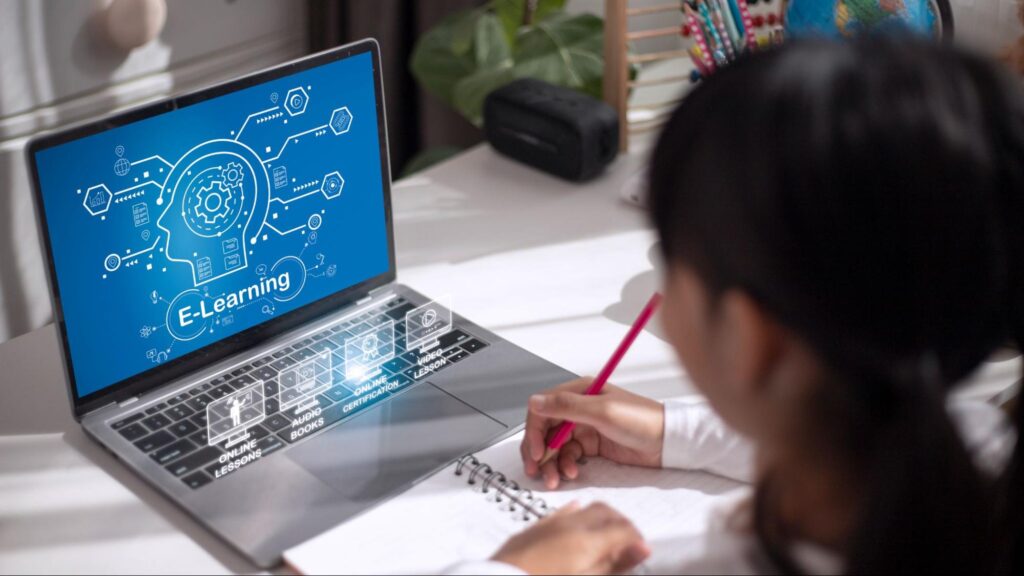
Education has never been more dynamic than it is today. Traditional classrooms, once dominated by one-size-fits-all teaching, are rapidly being replaced by modern learning models that focus on adaptability, personalization, and real-world relevance. One of the most innovative approaches making waves in schools worldwide is Precision Learning.
For many parents, the term sparks curiosity, and naturally, lots of questions. What exactly does precision learning mean? How is it different from regular schooling? Does it genuinely help children perform better? And most importantly, should parents actively look for it in their child’s school?
What Makes Precision Learning Special?
Precision learning is not just another educational buzzword; it’s a structured, data-driven approach to teaching that aligns instruction with each child’s unique learning style, pace, and strengths. Unlike the blanket methods of conventional education, this model fine-tunes learning strategies to match individual student needs.
Here’s why it matters:
- Customization at Core – Every child learns differently. Precision learning ensures no student is left behind and no talent is overlooked.
- Data-Backed Decisions – Regular assessments and feedback loops ensure that teaching is guided by measurable progress.
- Holistic Development – Beyond academics, precision learning also supports critical thinking, creativity, emotional intelligence, and social skills.
Think of it as moving away from a “broadcast” teaching method to a tailored mentorship model, where learning feels personal, engaging, and effective.
The 7 Most Common Parent Questions About Precision Learning
Parents often raise similar queries when first introduced to this modern teaching method. Below, we explore them in detail.
Q1. What exactly is Precision Learning, and how is it different from traditional schooling?
Traditional schooling often follows a rigid syllabus and pace; teachers deliver lessons at the same speed to an entire class, assuming all students will grasp concepts equally. Precision learning, however, disrupts this outdated model.
- Traditional schooling: One standard lesson plan for all students, regardless of ability or interest.
- Precision learning: Instruction customized using technology, neuroscience, and data analytics to ensure each student learns at their optimal pace.
In simpler terms, while traditional schooling teaches “to the average,” precision learning teaches “to the individual.”
This personalized focus means children who grasp concepts faster aren’t held back, while those who need more time or different approaches receive the support they deserve.
Q2. How does Precision Learning benefit my child in the long run?
Parents often ask: “What’s in it for my child?” The answer lies in long-term benefits.
- Better Academic Performance: Students show improved retention and comprehension because lessons are matched to their learning style.
- Improved Confidence: Children feel supported rather than compared to peers, boosting self-esteem.
- Critical Thinking Skills: Precision learning encourages problem-solving, analysis, and creativity, skills essential in the 21st century.
- Future-Readiness: The approach aligns education with real-world skills, preparing students for higher studies and careers.
In fact, research-backed precision learning models demonstrate that students taught under personalized frameworks perform 15–20% better in academics compared to conventional learning environments.
Q3. Does Precision Learning only focus on academics, or does it support overall development?
A frequent concern among parents is whether precision learning is just about grades. The truth? It’s much more.
Precision learning emphasizes whole-child development. Schools that implement this model integrate academics with:
- Social skills – Collaborative projects, teamwork, and leadership roles.
- Emotional intelligence – Recognizing feelings, building empathy, and handling stress.
- Creativity and innovation – Encouraging out-of-the-box thinking.
- Life skills – Communication, time management, and decision-making.
The philosophy is clear: a child’s future success is shaped not only by knowledge but also by adaptability, emotional balance, and resilience.
Q4. How does technology play a role in Precision Learning?
When parents hear about “data-driven education,” they often imagine robots replacing teachers. That’s far from the truth.
Technology in precision learning serves as a tool, not a replacement. It helps teachers identify gaps, strengths, and learning patterns.
- AI-driven assessments pinpoint where a child struggles or excels.
- Adaptive learning software adjusts difficulty levels in real time.
- Data dashboards allow teachers to monitor progress closely.
Importantly, the human element, teachers, mentors, and facilitators, remains central. Technology supports them in delivering more personalized, effective learning experiences.
Q5. How is progress tracked and shared with parents?
One of the highlights of precision learning is transparent progress tracking.
Instead of waiting for half-yearly report cards, parents get real-time updates on:
- Academic performance
- Skills mastered
- Areas needing improvement
- Behavioral and emotional growth
This continuous feedback system ensures that parents are partners in the child’s education journey, not passive observers. It helps families reinforce learning at home, align with teachers, and celebrate every milestone.
Q6. Will Precision Learning work for every child, including those with learning difficulties?
Parents with children who learn differently, whether due to dyslexia, ADHD, or other challenges, often ask if this approach is suitable. The answer is yes.
Precision learning adapts to diverse needs:
- For advanced learners – It offers enrichment opportunities to keep them challenged.
- For slower learners – It provides scaffolding and extra time until mastery is achieved.
- For children with learning difficulties –Personalized interventions ensure they don’t fall through the cracks.
Unlike rigid systems that unintentionally leave many students behind, precision learning recognizes that every child’s learning curve is unique and valid.
Q7. How can parents support Precision Learning at home?
Education doesn’t end at the school gate. Parents play a vital role in reinforcing precision learning strategies. Here are a few ways:
- Encourage curiosity: Allow children to ask questions, experiment, and explore.
- Use technology wisely: Learning apps can supplement classroom instruction.
- Communicate with teachers: Stay updated on progress and areas for support.
- Foster emotional balance: Help kids manage stress through mindfulness or structured routines.
- Celebrate small wins: Recognize effort, not just grades, to build confidence.
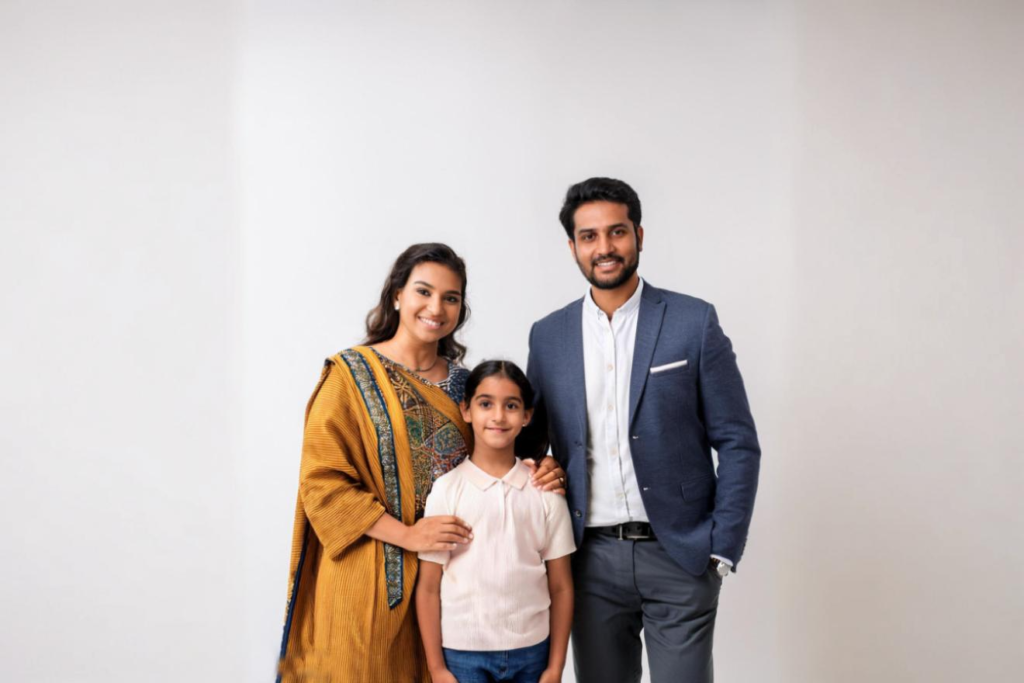
Parental involvement ensures that precision learning extends beyond classrooms into everyday life.
Precision Learning vs. Other Modern Learning Approaches
Parents often compare precision learning with other educational models, like Montessori, IB (International Baccalaureate), or blended learning. While all emphasize modern learning, precision learning stands out because of its scientific foundation and adaptability.
- Montessori: Focuses on independence and hands-on learning.
- IB curriculum: Promotes inquiry-based, global learning.
- Blended learning: Combines digital tools with in-person teaching.
- Precision learning: Uniquely integrates neuroscience, data, and personalization for every learner.
This distinction makes it one of the most versatile and effective approaches in today’s educational landscape.
Conclusion:
The questions parents ask about schooling have always revolved around one key concern: “Is my child getting the best education possible?” Precision learning provides a strong answer to this question.
By blending modern learning practices, personalized instruction, and continuous feedback, it equips children not just for exams, but for life.
For parents evaluating schools, here’s the takeaway:
- Ask schools how they implement precision learning.
- Look for systems that share progress transparently.
- Ensure there’s a balance between academics and overall development.
Education is no longer about memorization, it’s about growth, adaptability, and empowerment. And that’s exactly what precision learning delivers.


